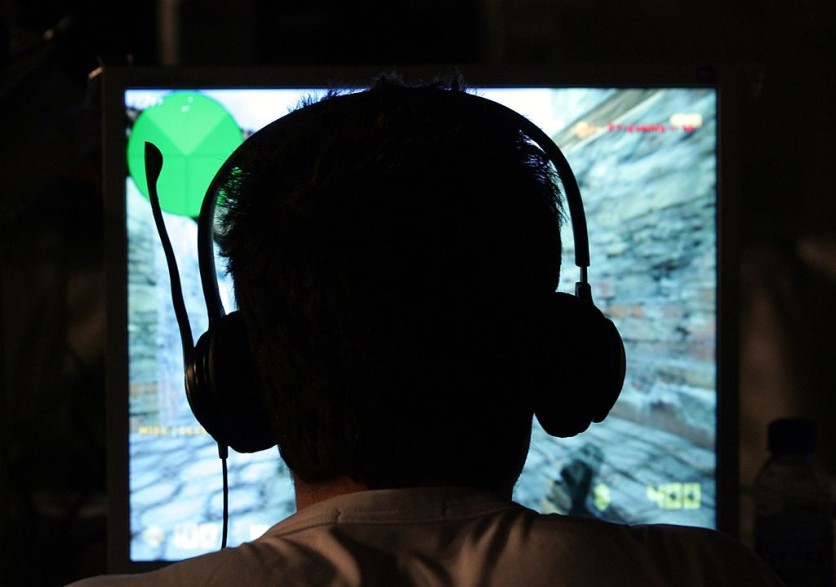Activision Blizzard and the United States Department of Justice came up with a settlement of a filed lawsuit over salary limits for professional eSports players. This case focuses on a rule that independently owned teams will be paid double if they passed a soft salary cap.

Activision, DOJ Settlement
After filing a lawsuit against Activision Blizzard regarding its Competitive Balance Tax, the company agreed to a settlement to resolve the salary limits for professional esports leagues. The Verge reported that the company agreed to refrain from putting any caps or limiting salaries for players. However, a federal judge will still need to review ad approve the settlement.
This lawsuit was filed in the US District Court in Washington and said that imposed taxes effectively operated as a salary cap. The Competitive Balance Tax continues to penalize teams for paying esports players above a certain amount, limiting the compensation the players receive.
As per the department, Overwatch and Call of Duty are both successful games, with their respective pro leagues already generating a huge amount of money for Activision. This includes franchise fees, sponsorship revenues, and exclusive streaming deals with YouTube and Disney (including subsidiaries ESPN and ABC).
"While players in other professional sports leagues have agreed to salary restrictions as part of collective bargaining agreements, the players in Activision's esports leagues are not members of a union and never negotiated or bargained for these rules," DOJ noted in the filing.
Engadget reported that Activision would fine teams one dollar for every dollar exceeded the cap, with redistributing the collected fees among all non-offending teams.
DOJ's Antitrust Division Attorney General Jonathan Kanter believes that all workers, even esports players, deserve the benefits of competition for their services. He added that this lawsuit only proves that the department remains committed to protecting the rights of workers across all types of industries from anticompetitive conduct.
Activision's Statement
As per Reuters' report, Activision Blizzard released a statement and said that the tax was never "levied" and leagues can voluntarily drop it from their previous rules in 2021. "We have always believed, and still believe, that the Competitive Balance Tax was lawful, and it did not have an adverse impact on player salaries," the company added.
Nevertheless, Activision agreed to settle with the Department of Justice. The Antitrust Division proposed a consent decree that would prevent the company from imposing rules that would penalize leagues in the future.
Activision will also be required to certify the Competitive Balance Taxes in its professional esports players for the department to conduct revised antitrust compliance and protection policies.
Read also: Blizzard Announces 2023 Overwatch World Cup Esports Tournament: Here's What We Know So Far

ⓒ 2026 TECHTIMES.com All rights reserved. Do not reproduce without permission.




